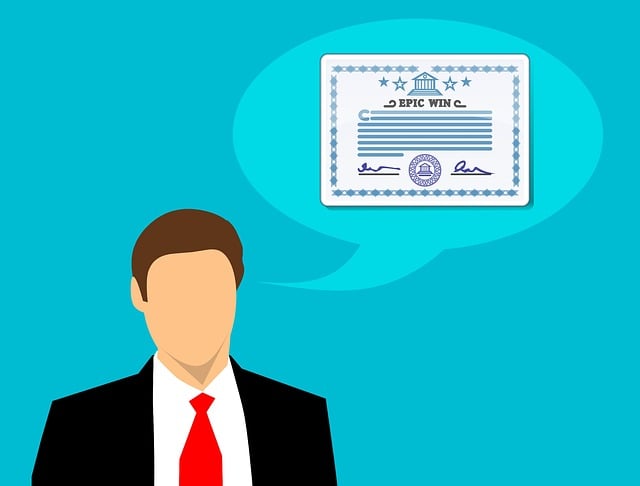Repossession of a vehicle due to non-payment on title loans can have severe financial consequences, including long-term damage to credit scores and difficulty securing new loans. Successful title loan recovery after repossession is crucial for rebuilding financial standing. Timely repayment, disputing errors in credit reports, making consistent payments, increasing savings, and maintaining low debt are strategic steps to restore credit score and gain access to future loans, even with bad credit.
Repossession can have a profound impact on your financial health, particularly your credit score. When you fail to make payments on a secured loan, like a title loan, the lender may repossess the collateral (in this case, your vehicle). This process not only ends any chance of keeping the vehicle but also leaves a significant mark on your credit report. Understanding how repossession affects your credit and knowing effective strategies for recovery after a title loan repossession is crucial in rebuilding your financial standing.
- Understanding Repossession: What Happens and Who's Involved
- The Impact on Your Credit Score: Short and Long-Term Effects
- Rebuilding After Repossession: Strategies for Recovery
Understanding Repossession: What Happens and Who's Involved

When a lender repossesses a vehicle due to non-payment of a loan, it’s known as repossession. This process involves the lender or an agent retrieving the vehicle from the borrower. It’s important to understand that both secured and unsecured loans can lead to repossession, but secured loans like title loans often come with more severe consequences. After repossession, the lender typically sells the vehicle to recover the outstanding loan balance. The proceeds from this sale are used to offset the debt, and any remaining amount owed is considered a loss for the borrower.
In a title loan recovery after repossession, all parties involved have specific roles. The borrower is responsible for making timely loan payments to maintain vehicle ownership. If they fail to do so, the lender initiates the repossession process, which can result in significant financial setbacks for the borrower. Once repossessed, the vehicle’s sale proceeds are applied towards the loan, but the borrower may still face additional fees and a damaged credit score. This situation highlights the importance of understanding loan terms and seeking financial advice to prevent or manage such outcomes effectively.
The Impact on Your Credit Score: Short and Long-Term Effects

A repossession has a significant impact on your credit score, with effects both immediate and long-lasting. In the short term, it can cause a sudden drop in your FICO score due to the public record of the repossession, which stays on your report for up to seven years. This can make it harder to secure new loans or lines of credit, as lenders will see this negative mark as an indication of financial risk.
In the long term, successful title loan recovery after repossession is crucial for rebuilding your credit. Timely repayment of any recovered debt demonstrates responsible borrowing habits and can positively impact your credit score over time. Additionally, removing a repossession from your credit report through legal means or with the help of a credit counseling agency can further restore your financial standing, making it easier to access San Antonio loans in the future, even if you have bad credit.
Rebuilding After Repossession: Strategies for Recovery

After a repossession, rebuilding your credit score and securing future loans can seem daunting. However, with strategic planning, it’s possible to recover and regain control over your financial situation. One crucial step is understanding that time is on your side—the impact of a repossession lessens as you demonstrate responsible financial behavior. Start by obtaining a copy of your credit report from the major credit bureaus to identify any inaccuracies and dispute them promptly.
Focus on consistently making on-time payments for existing debts, including secured loans like title loans, which can help rebuild your creditworthiness. Additionally, consider increasing your savings, as this demonstrates financial stability. Building a solid payment history and maintaining low debt usage will gradually improve your credit score over time. Remember, while a repossession can be a setback, it doesn’t have to define your financial future—with dedication, you can reclaim vehicle ownership and secure loan approval again.
Repossession can significantly impact your credit score, but with strategic efforts, it is possible to recover and rebuild. Understanding the process, recognizing the immediate and long-term effects on your credit, and implementing effective recovery strategies like timely payments, dispute resolution, and responsible financial management are key steps towards reclaiming control of your financial health after a repossession. Remember, while a repossession remains on your credit report, it is crucial to stay proactive in repairing any damage and focusing on Title Loan Recovery.






